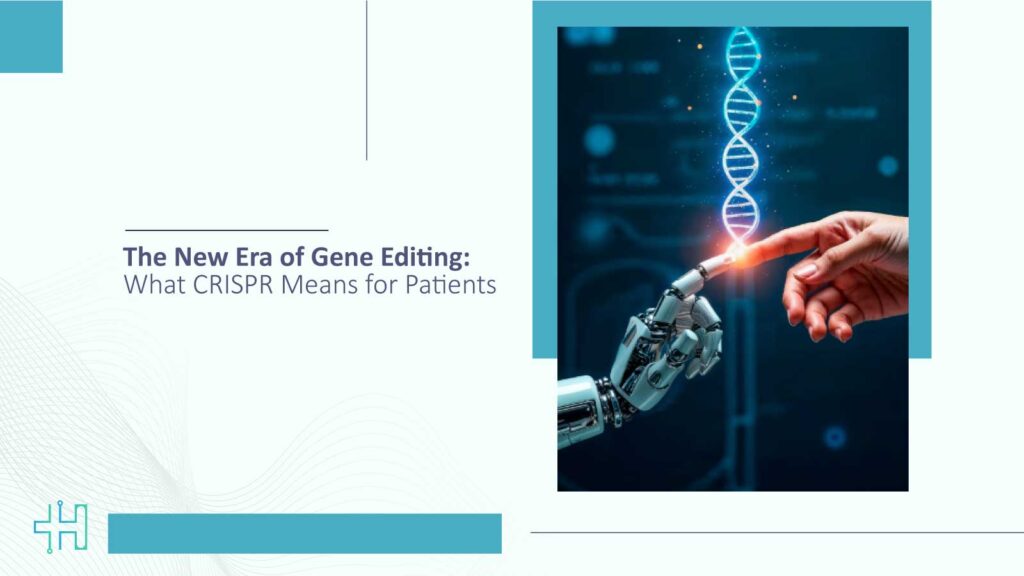Penguin Ai, an emerging healthcare-focused artificial intelligence company, has announced a strategic partnership with UPMC Enterprises, the innovation and investment division of UPMC, a major healthcare provider and insurer. The partnership aims to accelerate the development of advanced AI models tailored to solve real challenges in clinical workflows, patient engagement, and healthcare operations. As part of the collaboration, Penguin Ai will have access to UPMC Enterprises’ Ahavi data platform, a secure, de-identified environment where AI tools can be tested and validated before real-world deployment.
Health Technology Insights: Alpha Cognition Prices $35 Million Public Offering of Shares
By using Ahavi, Penguin Ai plans to develop at least three AI-based healthcare tools that support timely care delivery and strengthen the connection between patients and clinicians. The platform enables the testing of AI models in a controlled setting, away from live clinical systems, ensuring compliance and data safety. The test environment is designed to support fast iteration and evaluation, significantly reducing the time needed to assess whether a model is clinically useful. According to Dr. Deepan Kamaraj, Director of Informatics and Analytics at UPMC Enterprises, Ahavi allows innovators to explore AI solutions without interfering with active clinical workflows. He described it as a real-world sandbox where health-focused technology can be tested more quickly and effectively than traditional methods allow.
Health Technology Insights: BrightPath Cecil Expands Student Mental Health Support
Penguin Ai’s CEO, Fawad Butt, who previously served as chief data officer at Kaiser Permanente and United Healthcare/Optum, shared that the partnership is a major milestone in the company’s mission to reshape healthcare through AI. With UPMC Enterprises not only investing in the company but also offering early access to its data platform, Penguin Ai is positioned to accelerate innovation in patient-centered technology. The first solution in development is Patient 360, an AI tool designed to condense complex patient records into concise summaries that clinicians can review before appointments, helping build rapport and make clinical visits more efficient.
Another tool being refined in the Ahavi environment is Enhanced Prior Authorization, which builds on Penguin Ai’s existing small language model and agent technology. The goal is to ease the burden of prior authorization by using AI to quickly summarize and present relevant case details to human reviewers, enabling faster and more compassionate decision-making. The system is designed to predict the likelihood of approval or denial, so providers can add supporting documents in real time, potentially improving both workflow efficiency and patient outcomes.
Through this partnership, Penguin Ai will also refine its specialized small language models for broader commercialization in healthcare. UPMC Enterprises selected Penguin Ai due to the company’s ability to scale its enterprise-grade AI platform to meet the complex demands of the healthcare industry. According to Robby Peters, co-founder and managing partner at SemperVirens Venture Capital, who participated in Penguin Ai’s Series A funding, working with a healthcare leader like UPMC gives Penguin Ai a distinct advantage. He noted that the real-world insight gained through Ahavi is critical to creating meaningful AI tools that not only streamline healthcare processes but also improve patient care.
This collaboration marks the beginning of a long-term relationship aimed at developing healthcare AI solutions that are both impactful and scalable. Penguin Ai and UPMC Enterprises are working together to build a future where artificial intelligence enhances how providers deliver care and how patients experience the healthcare system.
Health Technology Insights: Perficient Study Shows Rising Demand for Digital Healthcare Access
To participate in our interviews, please write to our HealthTech Media Room at sudipto@intentamplify.com



